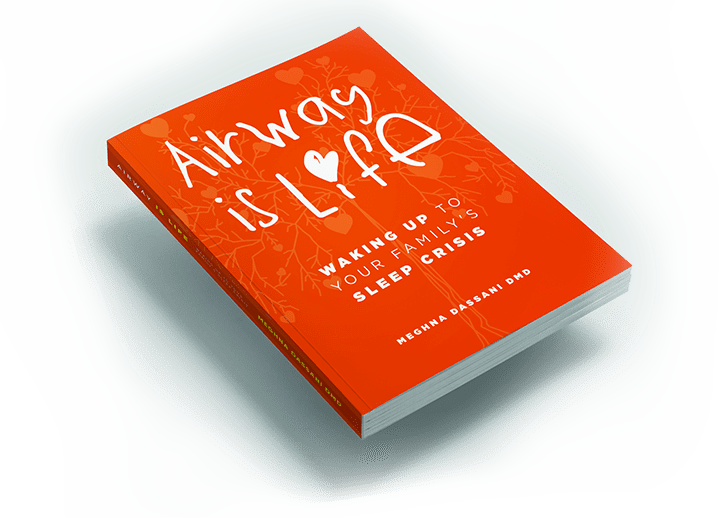Sleeping pills – 8 Things you should know about their risks
Many people struggle with sleep issues, and the quest for a good night’s sleep often leads people to seek help from sleeping pills.
Sleep aids can provide short-term relief from insomnia or other sleep disturbances. However, they are not without their risks and potential drawbacks.
Here, you’ll learn the various risks associated with these medications, shedding light on the importance of cautious and informed use.
What’s the appeal of taking sleeping pills?
Sleeping pills are also known as hypnotics or sedative medications. Doctors may prescribe them to patients to manage sleep disorders, like insomnia or jetlag. Or they may prescribe them to help patients cope with a major life stressor, such as a divorce, death, or job loss, that’s interfering with their sleep.
Sleeping pills are enticing because they offer a quick solution to the often debilitating effects of sleep deprivation. These medications can be divided into two categories:
- Prescription
- Over-the-counter (OTC)
Prescription sleeping pills, such as zolpidem (Ambien), eszopiclone (Lunesta), and benzodiazepines like diazepam (Valium), are usually intended for short-term use. They work by suppressing the central nervous system, which can help induce sleep.
Over-the-counter options, like diphenhydramine (found in Benadryl) and doxylamine (found in Unisom), are available without a prescription. However, people should also use OTC sleeping pills cautiously and know that doctors typically don’t recommend using them for longer than two weeks.
What are the risks of taking sleeping pills?
Dependency and tolerance
Over time, sleeping pill users may become reliant on these medications to fall asleep, which can result in needing higher doses to achieve the same effect. This can create a vicious cycle whereby people find it increasingly challenging to sleep without taking pills.
Cognitive impairment
Many sleeping pills can lead to cognitive impairment. They may cause drowsiness and affect concentration, memory, and coordination the next day. This “morning after” effect can be particularly problematic for people who need to drive, operate machinery, or perform tasks that require alertness. If you take sleeping pills, make sure you have at least an eight-hour window to sleep off their effects.
Side effects
Sleeping pills can have various side effects, including dizziness, headaches, and gastrointestinal issues. Some people may also experience parasomnias while taking these medications. Parasomnias include…
- Sleepwalking
- Sleep eating
- Sleep driving
In some cases, people won’t remember experiencing parasomnias after waking up, as sleeping pills depress the brain and limit thinking and memory.
Drug interactions
Sleeping pills can lead to dangerous consequences if they interact with other medications, especially those that have a sedating effect, such as…
- Antihistamines
- Antidepressants
- Anti-anxiety medications
If you intend to take sleeping pills, you should inform your healthcare provider of any other drugs or you take to avoid potential interactions. Additionally, you shouldn’t drink alcohol while taking sleeping pills.
Rebound insomnia
Discontinuing the use of sleeping pills can sometimes result in rebound insomnia or the temporary worsening of sleep problems. This can be particularly challenging to manage and may necessitate careful tapering.
Addiction
Certain prescription sleeping pills, especially benzodiazepines, have a higher risk of addiction. These medications can lead to physical and psychological dependence, making it difficult for people to stop using them even when they are no longer effective.
Reduced sleep quality
While sleeping pills may help people fall asleep faster, they often don’t result in the same sleep quality as natural sleep. This can leave people feeling groggy and less refreshed in the morning.
Risk of overdose
In some cases, people may inadvertently take too many sleeping pills, resulting in an overdose. Overdosing on sleeping pills can be life-threatening, especially with prescription sleep aids.
While sleeping pills can offer temporary relief from sleep problems, you should be aware of their potential risks. Sleeping pills are best used as a short-term solution under the guidance of a healthcare provider. You should avoid long-term use whenever possible to mitigate the risks of dependency and tolerance.
Ultimately, the most effective approach to addressing sleep issues is to explore non-pharmacological methods. These include…
- Improving your sleep hygiene
- Practicing cognitive-behavioral therapy for insomnia
- Performing stress reduction techniques, such as yoga and meditation
These methods are likely to lead to long-lasting improvements in sleep quality without the risks associated with sleeping pills. Always consult with a healthcare professional to determine the most appropriate treatment for your specific sleep concerns.
Dr. Meghna Dassani has practiced dentistry for over two decades and is passionate about the role dentists play in whole-body health. You can learn more at her website: MeghnaDassani.com.
Healthy Sleep Revolution Podcast
Snoring? Tired all day? Trouble focusing?
So many think these symptoms are common in kids and adults when tired. Join us as we debunk some of these common myths and put the spotlight on Sleep Apnea. Discover what constitutes healthy sleep and how we can help ourselves and our kids get the best sleep ever.


